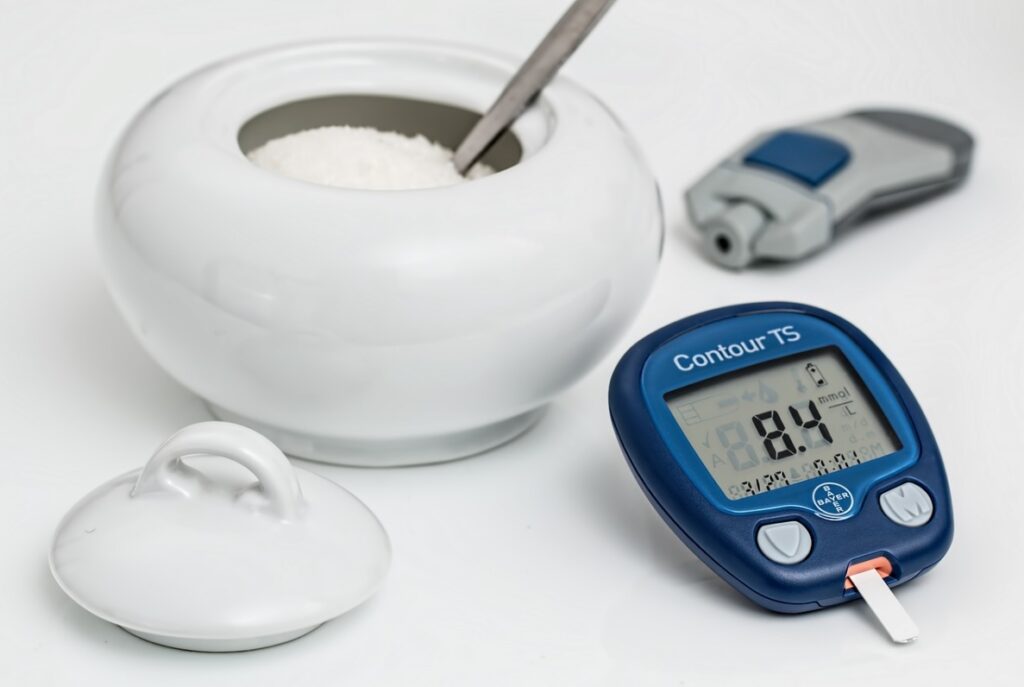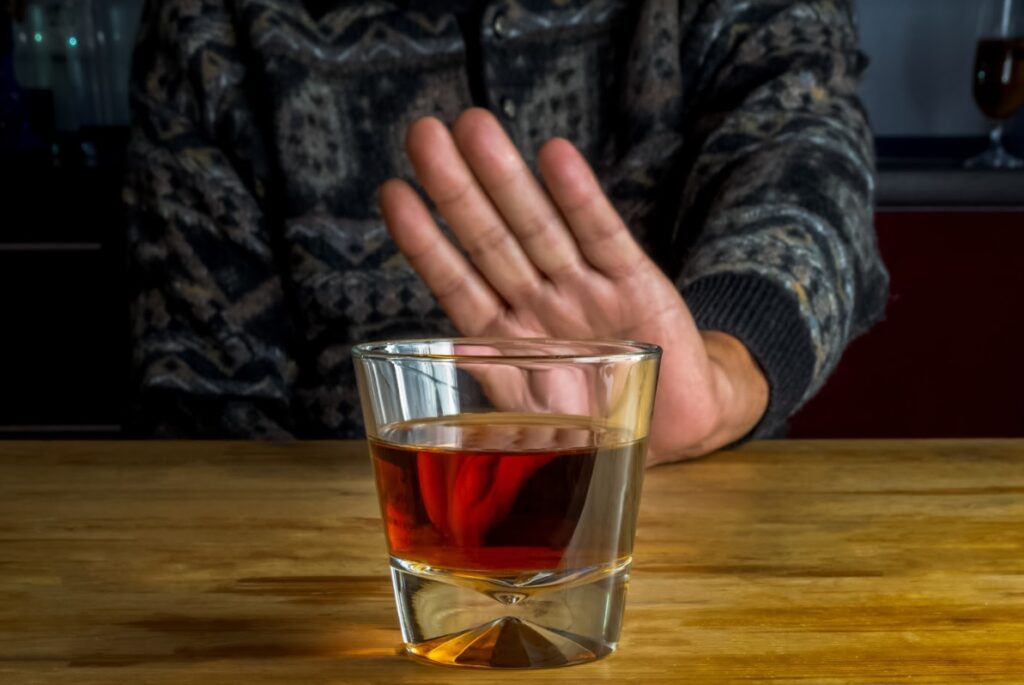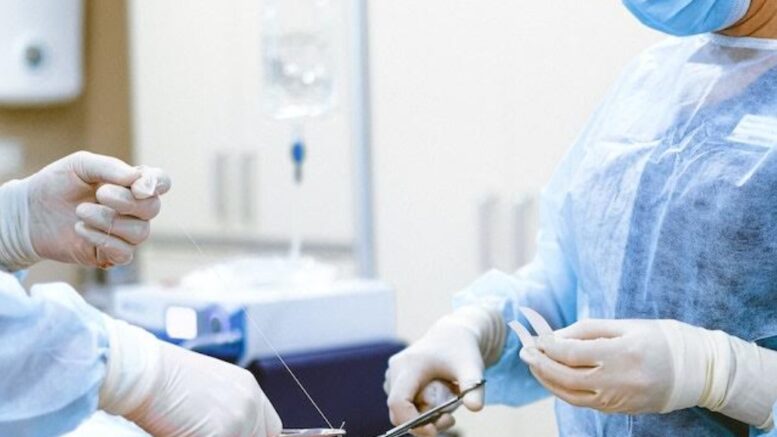The question of whether we may safely incorporate alcohol into a healthy diet and lifestyle following weight-loss surgery is one that many people who are contemplating it ask. Several people may wonder about alcohol tolerance after gastric bypass. Some people would say that drinking would be too hard for them, that they can’t do it forever. You may read more about the consequences of alcohol after bariatric surgery in this blog article. Additionally, you’ll learn about crucial facets of the diet related to weight reduction surgery and suggestions for patients who have had gastric sleeve surgeries regarding recommended consumption amounts.
Is Alcohol Intake Possible After Gastric Bypass Surgery?
Alcohol is permitted following a gastric bypass. Make sure to speak with your doctor first and wait anywhere from six months to a year following surgery. Start slowly, with very few doses, and never on an empty belly. However, before you start drinking, you should consider modifying your food, digestive system, and general well-being.
Patients must adhere to all postoperative care guidelines given by their bariatric surgeons. In the long term, this enhances general well-being by preventing difficulties.
Over the First Few Months of Recovery, Stay Away from Alcohol
For Tijuana practices, around six months following gastric bypass surgery. Patients must abstain from alcohol. Patients should be able to recuperate fully following surgery; as a result, avoiding any risk to their health and safety or well-being during this critical period.
The Drawbacks of Drinking Alcohol After Weight Loss Surgery
Patients must consider the various drawbacks of drinking alcohol following a gastric bypass, even after the first six months. This comprises:
Changes In Metabolism
According to studies, the altered metabolism that results after gastric bypass surgery causes levels of blood alcohol to peak greater and quicker and return to normal later. Additionally, many post-surgical patients who drink alcohol tend to eat less while doing so, which speeds up the bloodstream’s absorption of alcohol. One drink is often enough for many postoperative patients to raise blood alcohol levels to the threshold of legal drunkenness. This is crucial to remember before driving and when maintaining a balanced diet.
Reduced Blood Sugar
Low carbohydrate consumption and rapid weight reduction might cause your body to store less sugar or glycogen. Alcohol intake increases glycogen loss, which lowers blood sugar levels and increases the risk of low blood sugar in those who have had bariatric surgery.

Low blood sugar, often known as hypoglycemia, is a severe disease that, if ignored, can result in unconsciousness, damage to the brain and nerves, or even death. It’s crucial to be alert for the symptoms, including loss of balance and concentration, slurred speech, blurry vision, and disorientation.
If you suffer hypoglycemia symptoms, quickly boost your blood sugar level by drinking diluted juice or taking a glucose pill, followed by a protein- and complex carbohydrate-rich food. Make careful to get the appropriate medical care if hypoglycemia episodes regularly happen, even when no alcohol is consumed.
Calories Excess
Due to its high caloric content and lack of nutrients, alcohol’s extra calories might hinder or promote weight growth.
Transfer of Addiction
Patients who have previously struggled with addiction are more likely to do so again. Following bariatric surgery, some individuals may exchange their food addiction for other addictive habits, such as drug use, excessive shopping, gambling, sex, and alcohol use.
Vomiting and Nausea
Following gastric sleeve surgery, nausea is a typical problem that might happen, and drinking can make it worse. After surgery, frequent vomiting can lead to stomach edema, inflammation, and long-term nutritional deficits. This will undoubtedly prolong the healing process.
Alcohol After Bariatric Surgery: Dos and Don’ts
When you start drinking alcohol again, avoiding fizzy drinks and sweet mixers is crucial. By doing this, pain and overeating of calories are avoided. Try to keep your consumption to a minimum and only drink after a meal. By doing this, you can avoid getting drunk.
Alcohol Abuse Following Weight Loss Surgery: Risks
Along with the abovementioned issues, those who have had gastric bypass surgery are more likely to misuse alcohol. It may be partially brought on by altered psychological and emotional interactions with eating. It could also be brought on by the stress brought on by postoperative lifestyle adjustments and quick weight reduction.

Be careful to talk to a loved one if you realize that your drinking has risen after bariatric surgery or if you’re using alcohol as a coping method. Also, don’t be afraid to see a therapist or counselor to help you with these problems if you need expert assistance.
Adjustments in Bariatric Lifestyle
After bariatric surgery, there are other changes than alcohol consumption. Your food and way of living will also need to be altered. After surgery, exercises and other recreational activities can aid in recovery and keep the weight off. After having bariatric surgery, talk to your doctor about boosting your workout regimen.
Patients with gastric sleeves should pay special attention to the high-protein diets they intake as It will promote metabolism, satiety, and muscular growth and maintenance. After weight-loss surgery, your doctor will provide instructions on resuming drinking without jeopardizing your commitment to a healthy lifestyle.
Conclusion
If you frequently turn to alcohol to deal with stress or emotions, get help by speaking with your doctor. Thus, while you may be able to drink alcohol again after gastric bypass due to increased tolerance, that doesn’t mean you should. We know we shouldn’t consume fizzy drinks following bariatric surgery since they might induce gas and bloat. A few drinks should be fine, but remember that your tolerance will be significantly lower.
Limiting alcohol consumption is the best option. The best action for people who have undergone bariatric surgery is to minimize all alcohol intake. Try to avoid alcohol if at all feasible entirely. If you consume alcohol, be mindful of your tolerance levels and stick to what you can tolerate.
